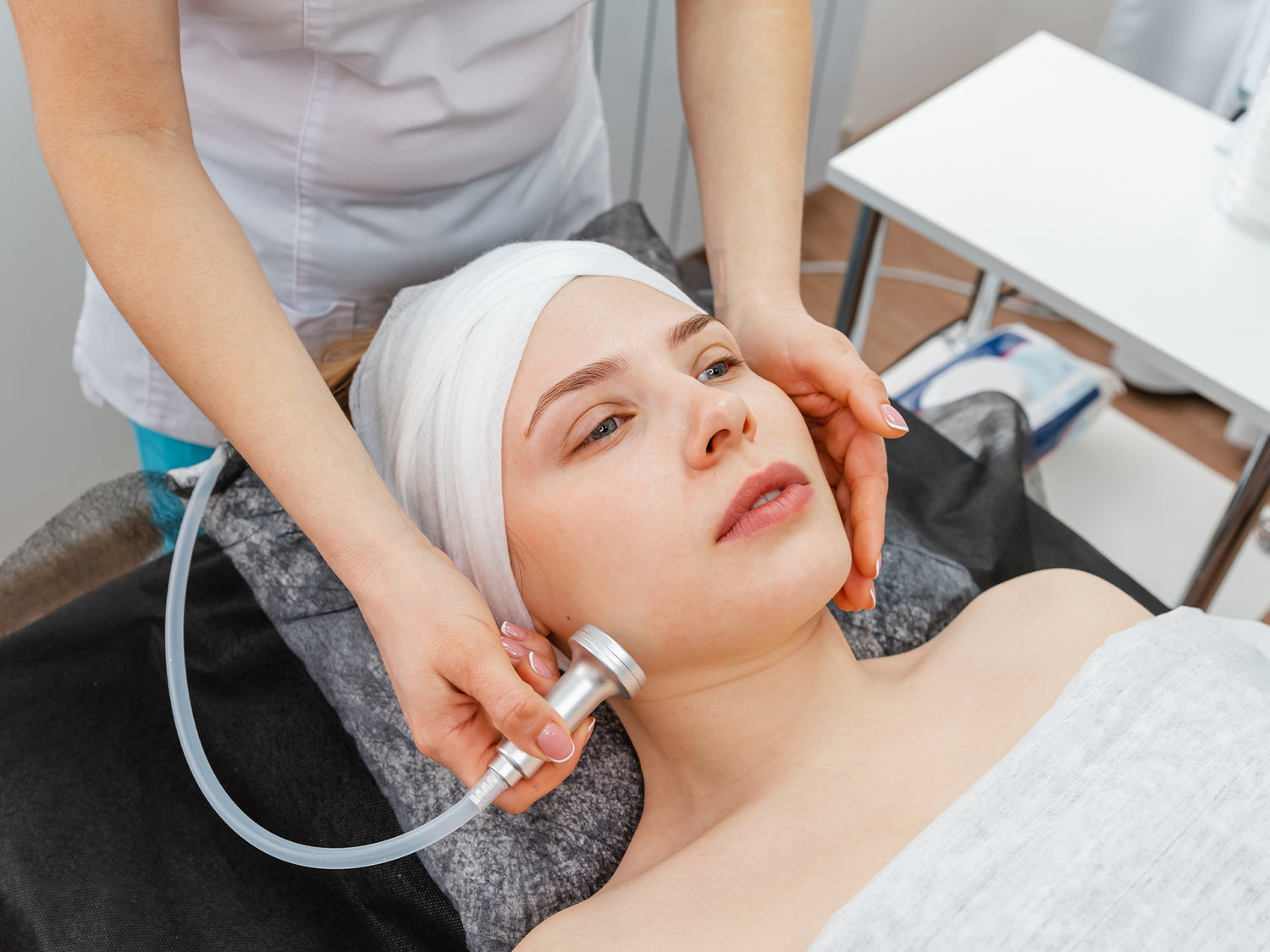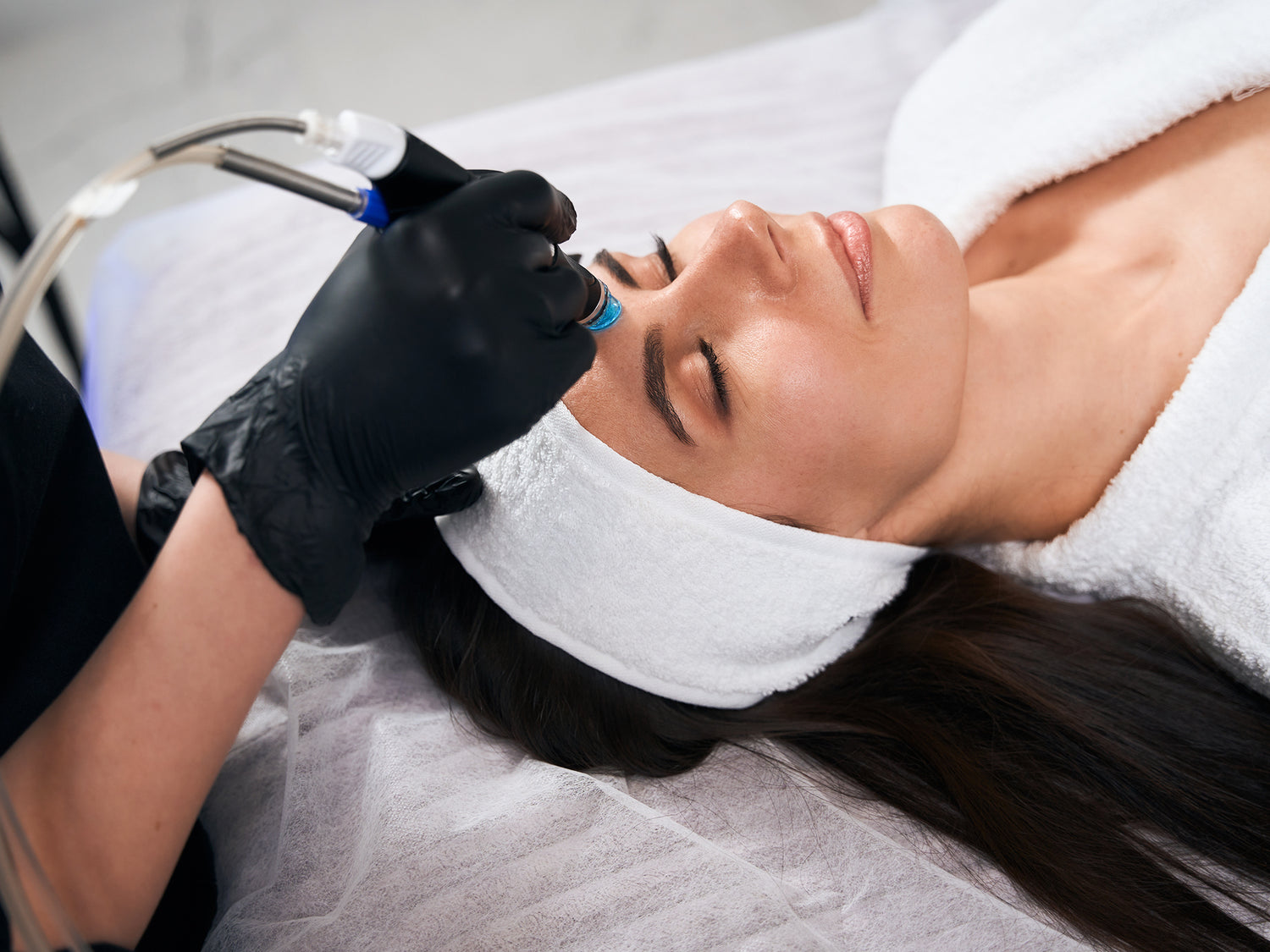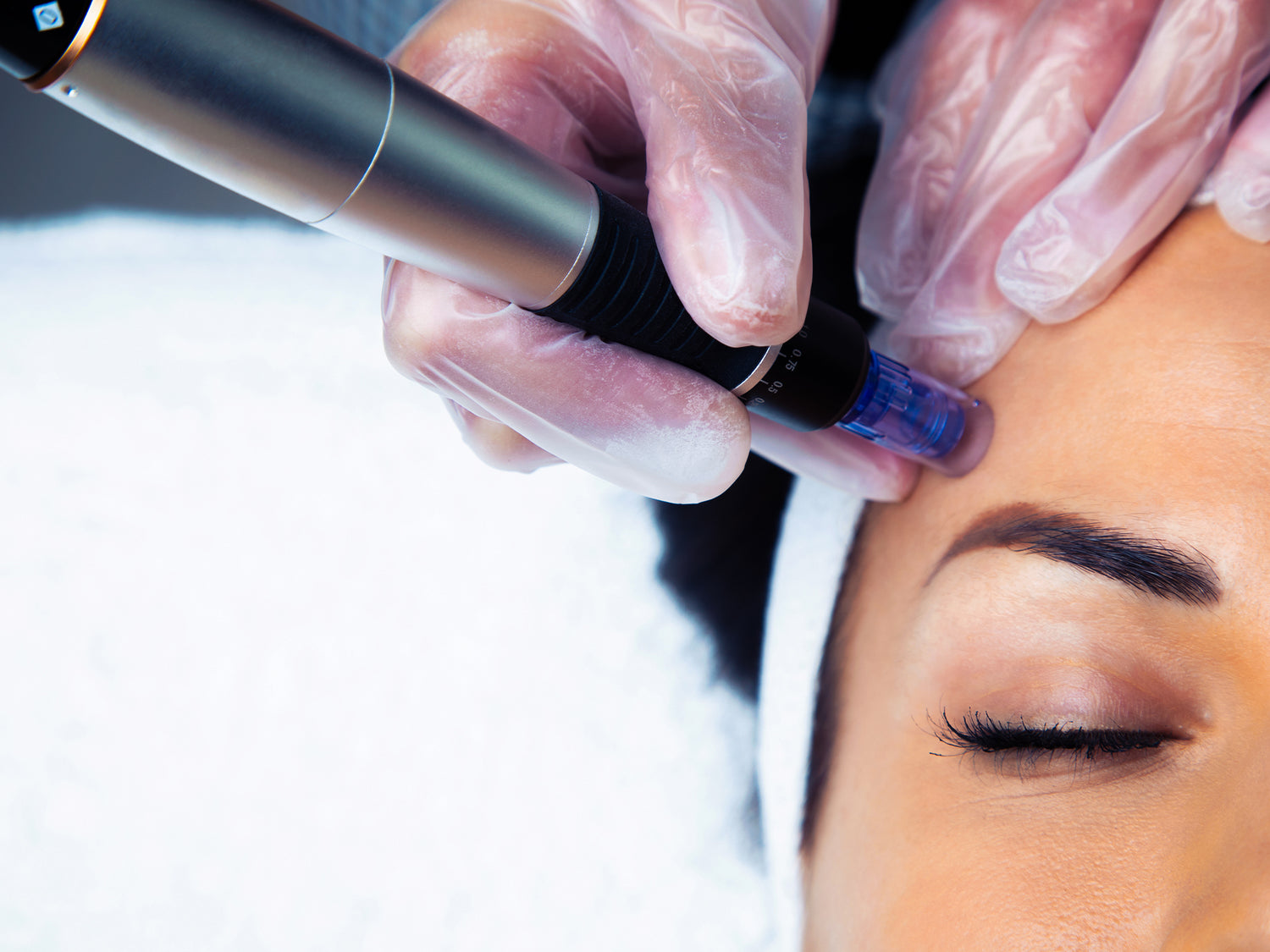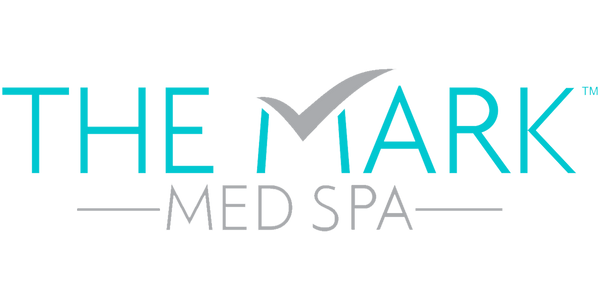Facial Treatment

Deep Cleaning Facial
Facial treatment is a delicate procedure by a professional esthetician who exfoliates, moisturizes, and nourishes the skin. Facials are a gentle, soothing procedure ideal for most skin types. Typically, the face is steamed, cleansed, and exfoliated during treatment.

Acne Facial
Most acne facials claim to reduce acne symptoms by cleansing the skin to remove impurities, debris, and oil, unclogging pores using exfoliation, removing dead skin cells, declining oil production, and skin inflammation.

Back Facial
Many estheticians begin a back facial with a steaming session designed to open the pores and enhance the more relaxing components of the session; from there back, facials involve a process of cleansing, exfoliating, and moisturizing the skin on the back, in addition to applying a mask.

Microdermabrasion Facial
What is microdermabrasion? Microdermabrasion treatments use a minimally abrasive instrument to gently sand your skin, removing the thicker, uneven outer layer and have many benefits. This skin rejuvenation treats light scarring, discoloration, sun damage, and stretch marks.

Facial Radio Frequenncy
Radiofrequency (RF) therapy, also called radiofrequency skin tightening, is a nonsurgical method of tightening your skin. The procedure involves using energy waves to heat the deep layer of your skin, known as your dermis. This heat stimulates the production of collagen. Collagen is the most common protein in your body.

Hydrafacial
What is a Hydrafacial? A hydrafacial is one of the most potent, non-invasive skin resurfacing treatments available today. It combines cleansing, exfoliation, extraction, hydration, and antioxidant protection that removes dead skin cells and impurities while simultaneously delivering moisturizing serums into the skin.

Dermapen
Dermapen is an advanced skin micro-needling system. The electronically powered multiple needles easily penetrate the skin or scar tissue to enhance and stimulate rejuvenation of the skin while maintaining epidermal integrity and reducing downtime for the patient.

Facial Peel Treatment
A facial peel, also known as a chemical peel, is a skin treatment that uses a specialized solution to exfoliate the outer layers of dead skin cells. This process helps improve skin texture, reduce fine lines, and fade discoloration, revealing a smoother, brighter complexion.
Facial Enhancements
-
Aromatherapy
A selective use of essential oils from plants for the purpose of promoting healing
-
Exfoliating Foot or Hands Treatment
Eliminates the dead skin cells clinging to your feet and from the outer layer of your hands
-
LED Light Treatment
Light Emitting Diode (LED) masks emit varying wavelengths of light that treat different skin concerns
-
Eye Rejuvenation
Counteract puffiness and dark circles with an instant-release collagen biomatrix infused with ginkgo biloba. Ideal as a jet lag treatment for men and women
-
Hydro Plastic Mask
Provides the necessary components to keep the skin smooth and soft. It gives freshness, safety, and tonicity with moisturizing
-
Hydrating Hand Treatment
Provides the necessary components to keep the skin smooth and soft. It gives freshness, safety, and tonicity with moisturizing
-
Hydro Plastic Mask
Exfoliation, Mini microdermabrasion and warm paraffin wax treatment
-
Enhanced Radio Frequency
A few minutes of Radio Frequency added to a regualar Facial Service
